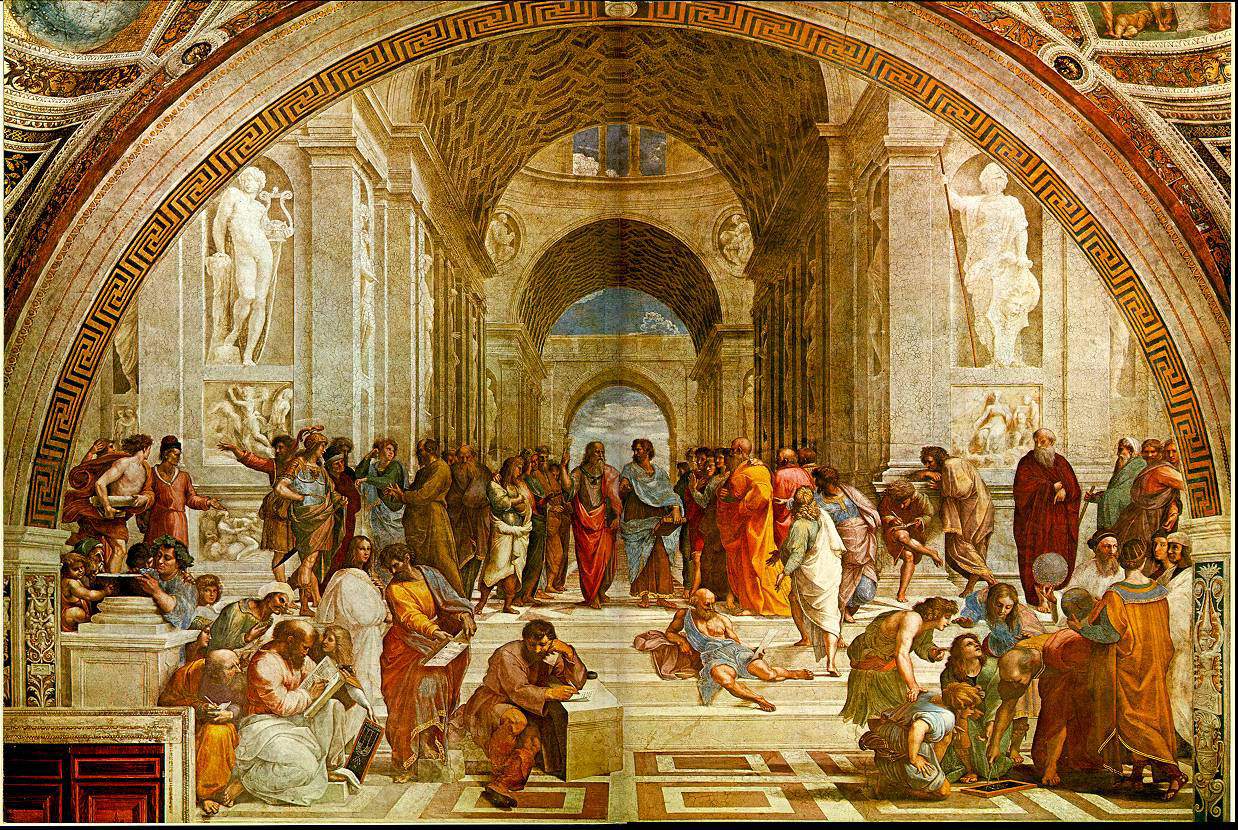Serendip is an independent site partnering with faculty at multiple colleges and universities around the world. Happy exploring!
Reflection of in class video
The video we watched in class was interesting for me because at my school no one was criticized for being smart. We had a huge amount of diversity with kids from all over the world. Also, I believe it is because it was private schools were everyone was from the same socioeconomic class. Because of this, no one race was seen as less intelligent than the other. Therefore, this video, for me, for me brought to light the fact that no every school is as fortunate. Overall, I thought the video was an excellent way for this young woman to get her point across. I thought it was clever how she mixed very vulgar words with highly eloquent speech; it defiantly helped her to get her point across. Even though I thought it was clever however, one of my classmates stated that “it was just another black person complaining about the situation”, and since I am not black and I have not experienced this within my school, I feel that my opinion is insignificant.

Alert! Syllabus change.....
Jody and I have been fiddling with the syllabus this weekend.
For Tuesday, please read the essay by Pedro Noguera. We will not have time to talk through the Massey and Denton study of residential segregation, so have moved that into the category of optional/additional reading (in other words, you can let that one go...)
Please do bring bell hooks back to class with you, though; we are not done w/ her yet (and we suspect she is not quite done with us, either!).
When you post on Serendip tonight, please answer our general question about whether education levels the playing field by focusing on a specific dimension of the problem. You might want to talk about your reactions to the spoken word video of kai davis, for example; or the claim by bell hooks that decorum and censoring undermine the democratic exchange of ideas in the classroom; or her assertion that the academic work process is essentially antagonistic to the working class, or....??
Looking forward to our further conversation, both on-line and in-person--
Anne (for me and Jody)

The Closet as a Means of Self Perservation
I have been thinking about the problem of external categorization since our second class meeting, when we discussed “Living The Good Lie”. I have been chewing on the idea that academia has a habit of categorizing behaviors, world views, and modes of operation from the outside, as though we are somehow rightful arbiters of others’ behavior. I think this is a natural thing for us to do, especially since we are doing it within the context of a class which seeks to explore the issues of categorization and false binaries. However, I wonder if we are not so entrenched in our ideas of what is “right” that we are unconsciously mapping our preferred MO’s onto others.
For instance, when we discussed the men in the Times article who were seeking to remain deeply closeted in order to not break away from their religious communities, we all seemed to react the same way, at least initially. Many of us wondered why these men, who were born gay, would not just choose to find a new church.

Some rambling and a question for the class
In Price’s introduction she mentions the sanctity of knowledge, the ivory tower of thought only open to the privileged genius of our era, the perfect academic who can meet with other academics in their spheres of thought, to sit and talk at length about theories of the universe or the meaning of life. When I read this I immediately thought of Renaissance paintings such as Raphael’s School of Athens. That ideal of academia, Plato and Aristotle debating at length under the majestic stone archways, walking the tiled halls with fellow thinkers pushes out, as Price said, the teacher who can’t sit in a staff meeting or the child who can’t control their outbursts in class. We are constantly barraged by images of the perfect; models whose size and proportions have been digitally altered for magazine covers, students who score perfect SAT or ACT scores and not only are admitted to every Ivy League school but receive a full ride on a sports scholarship. Rare are the John Nashes and the Marlee Matlins who occupy the spotlight in our world today.


What playing field?
In thinking about whether education levels the playing field, I’m drawn to the experiences of my closest friend and her students. My friend, Christy, works for the School District of Philadelphia in a disciplinary school. Before she was assigned to her current school, she worked in more traditional Philly high schools, including Simon Gratz and Kensington Business. These schools are all in deeply impoverished areas and all have student bodies that are primarily black or Hispanic.
I mention this because, as we discuss education, we seem to all look at college as the end of the road, but for students like my friend’s, college is not even a possibility. Many of her students are far behind where standardized tests say they should be in all subjects. Some of them, high school students, can’t read or write. They have been passed upward, from grade to grade, based on their age. Their schools have no books, no computers, and no climate control. They are forced into overcrowded classrooms; their lives are dictated by budget cuts and teacher lay-offs. When they leave school for the day, they exit back into a city that doesn’t want them, doesn’t keep them safe, and sees them as criminals. They are the living embodiment of a citywide tradition of racism and oppression.



